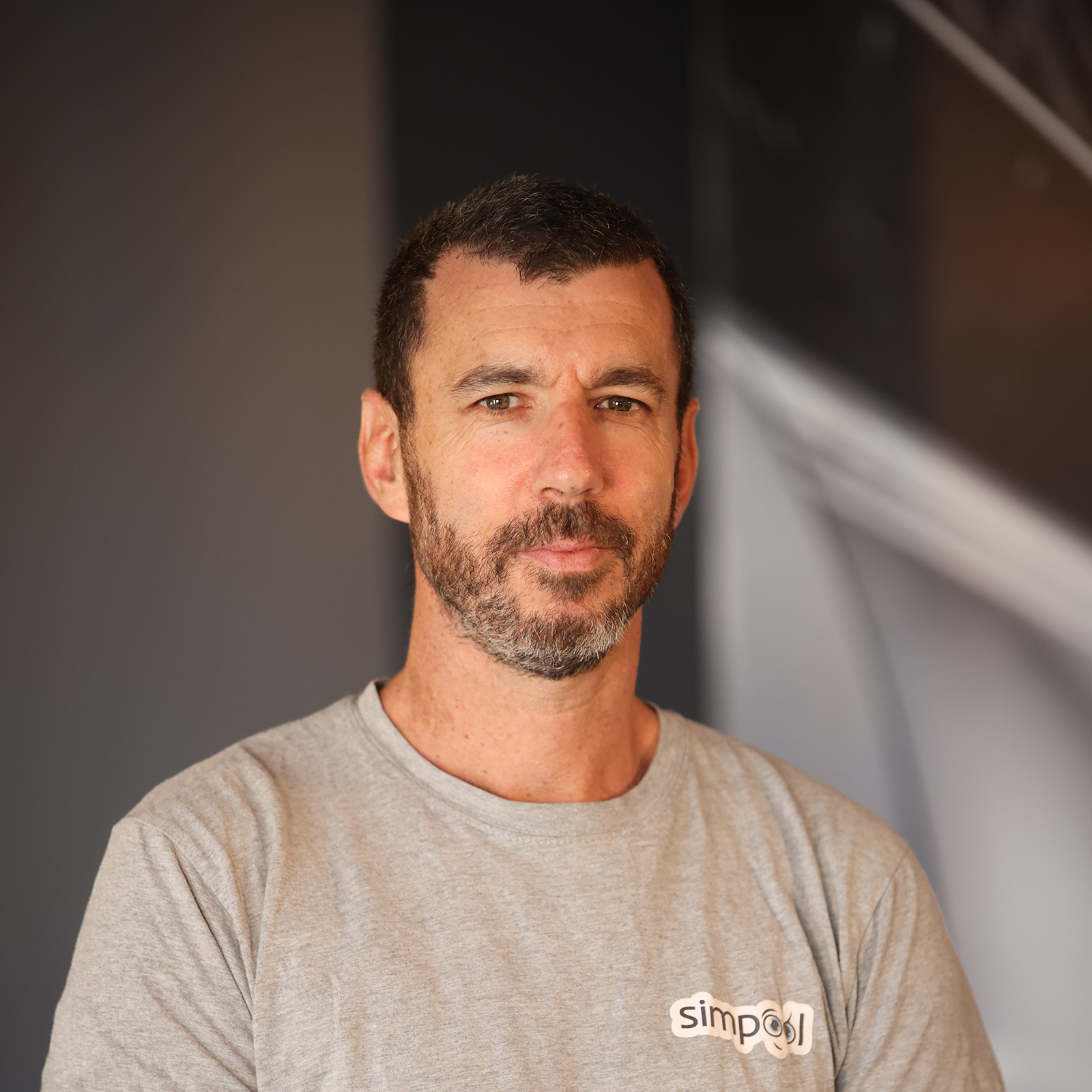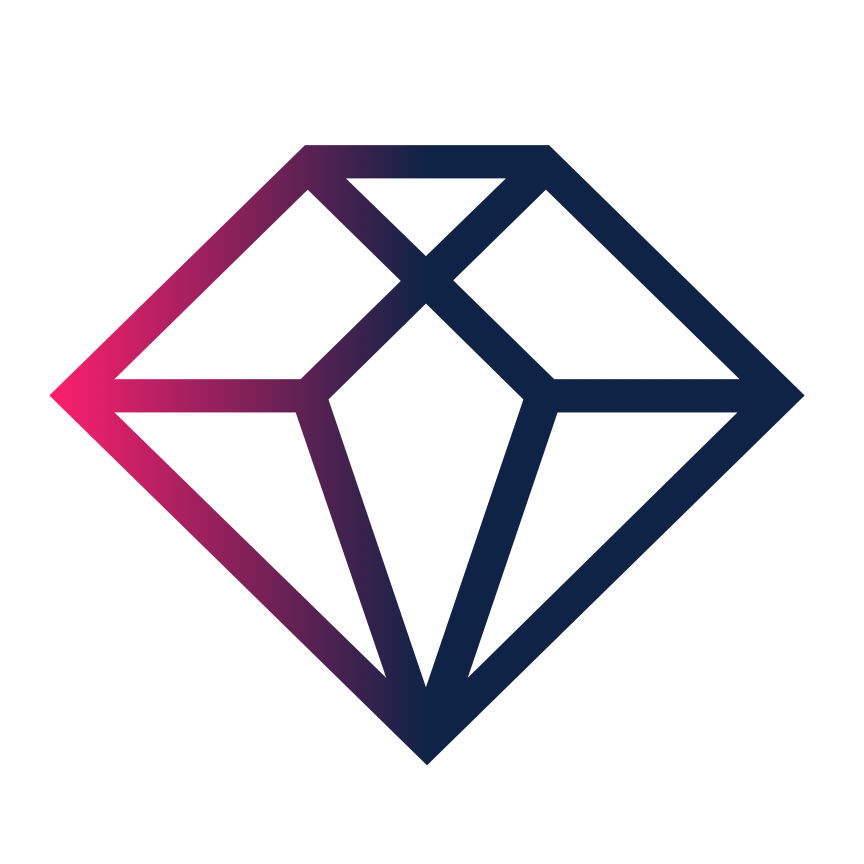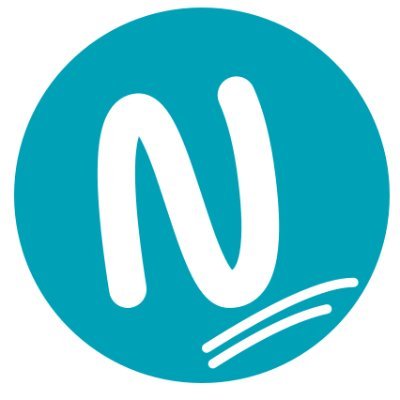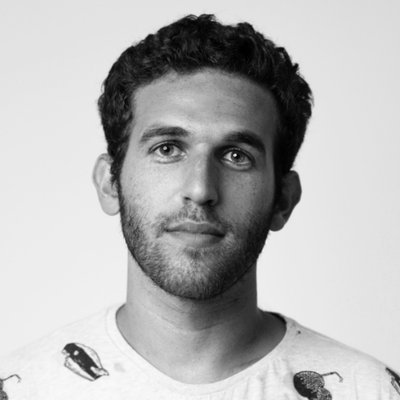Simpool, an Israeli company based in Caesarea, developed AI-ML powerd simulation as a service that uses a sandbox approach factoring in user behavior, seasonality, and tens of other parameters, helping game developers to turn “what ifs” scenarios into robust decisions that optimize their revenue goals. The company was founded in 2018, by Guy Bar Sade and Nadav Amani in order to assist companies from a wide variety of fields , such as gaming, e-Commerce , traveltech, fintech and more to disrupt decision-making processes in such industries.
Guy, tell me about your background, when did you start your career in the gaming industry?
After graduating with a master's degree in industrial engineering and management, I started working at WIn - a company that provides advice to high-tech companies regarding fundraising, sales, marketing, PR, legal, business development, finance, and any other business to grow. After that, I moved to Playtika - one of the leading Israeli gaming companies in the world.
After 15 years of experience in data analytics I gained in Playtika and many other companies, in 2018 together with Nadav Aman, we established Simpool, which developed AI-ML powerd simulation as a service that uses a sandbox approach factoring in user behavior.
You mentioned that you worked at Platika for years. What was your role there?
At Playka I served as Director BI & Analytics and led the data unit, both its analytics and engineering
How Covid-19 Pandemic impact the global gaming industry?
By 2023, the global gaming market is expected to bring in no less than $ 200 billion, according to Newzoo. The potential of the games market, which in 2020 brought in about $ 175 billion, is huge. And the Covid-19 pandemic has only increased the demand for the various network games, because of the social aspect they provide and the distance created from friends and people in general. Already today we see quite a few Israeli companies such as Playtika and Moon Active break revenue records, and succeed in penetrating more and more to the global markets. The games market seems to be here to stay, and the demand for games is huge.
What is the solution that Simpool offers for the gaming industry?
One of the most important aspects for gaming companies is flexibility and the ability to anticipate the impact of game optimization, including campaigns or features, and to know if players will like it, and make them spend more money and increase revenue for gaming companies. Sometimes a small feature can make a big difference, and in an instant pour into a company's pocket dictionaries of dollars in a short time.
When game companies introduce optimization, such as a new feature for the game, they take quite a bit of risk. Players may not like the same feature and a wave of departures may begin. On the other hand, there may also be an opposite reaction, "cannibalization" in professional parlance, in which players prefer a new feature or new content, at a level that may lead to a decrease in profits from areas after them in the game. Gaming companies often go a long way, with the addition of the feature and entire departments being on hand when you bring one of these into the game.
There is a great need for a company to help predict the economic metrics that are likely to emerge following optimization. Companies know that the profit they bring in from each player should be higher than the amount they spent on the various marketing tools designed to attract him to the game (ROI).
The need for companies like Simpool that provides accurate economic metrics and the ability to predict in a short time, by hundreds of thousands of AI-based simulations is critical for gaming companies and can be the difference between success and failure for them. the product provided by Simpool that allows for pre-stimulation for those metrics, and the ability to provide accurate economic data on features, campaigns, and any other in-game optimization, can be worth a great deal of money and can bring the gaming industry to the next level.
The field of game economics is one of the most popular fields in the global gaming industry, what does the field include, what unique analytical abilities are required of the game economist, and what solution does Simpool offer for the gaming industry?
The field of game economics is without a doubt one of the most sought-after fields among gaming companies. Which have a large workforce whose job is to analyze the behavior patterns of the players, adapt the game to their needs and make it a challenging thriller and ultimately increase their revenues.
One of the challenges in managing a game economy is to allow the player to consume an increasing amount of content at the same time the player is spending the game today, gaming companies' challenge is to increase the player's engagement, excitement, and commitment to increasing the money the player spends on the game.
The field of game economics is one of the most important areas to monitor for the various gaming companies, and Simpool makes it possible to conduct a simulation that can predict what the game's economic indicators will look like, following the introduction of new optimization. The company provides real-time aspects, such as conversion rate, LTV, amount of revenue from Fitzger, abandonment ratio, and more.
In what way are gaming companies today checking new features and campaigns they are interested in adding to the game? And how much money can your solution save for those companies and improve gaming for the players?
Nowadays to allow gaming companies to predict in advance how optimization will affect the game, gaming companies have entire departments whose job it is to try out the new feature or plan the campaign themselves. The experiments in the game are designed to understand the degree of satisfaction of human players from it, which will also translate into revenue. Today's approach is based on trial and error and in front of a wider audience.
The multiplicity of elements that make up the game and the need to consider many factors, make the craft of adding the new feature or campaign very complex. The A / B testing that is the dominant approach is designed to examine the effect of optimization on the game, it is slow (the measured improvement can usually be long-term, weeks), not always accurate enough, limited in PVP games if the number of players is not significant enough, limited in PVP games And does not simulate for gaming companies a wide enough range of scenarios and options.
This creates a need for gaming companies, with technology that will allow them to predict whether an optimization they intend to put into the game will be successful and will make the player spend more money through various purchases he makes on the one hand and will not hinder customer retention. Gaming companies know that the profit they make from each player should be higher than the amount they spent on the various marketing tools designed to attract him to the game (ROI), the player should be engaged to be in the game and love to play it, and on the other hand, they should make him make multiple in-game purchases.
Our AI solution can save a lot of money for gaming companies. Firstly in terms of the manpower saved, the release of features in a way that is better suited to the needs of the players, the faster release of games that in the end all of these are reflected in their profit line.






